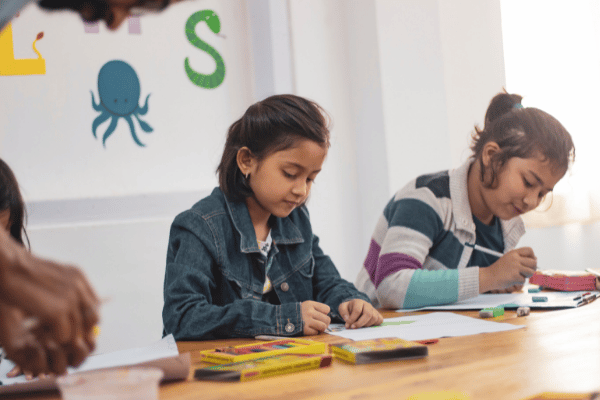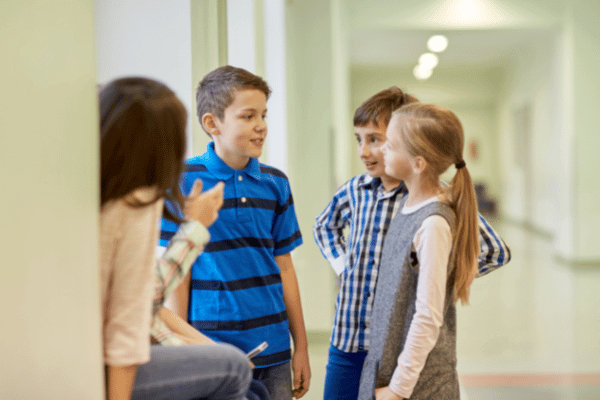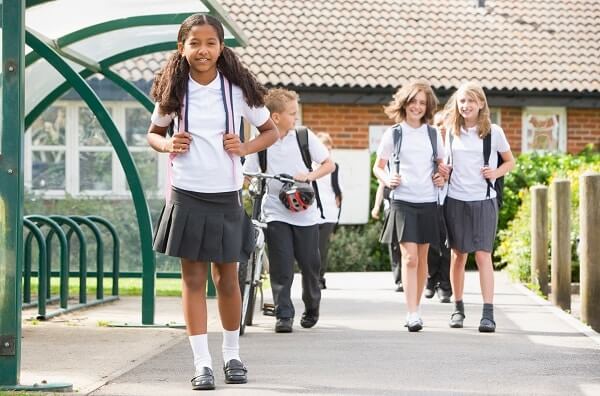With the reopening of schools, it has become very evident that the social utility of schools is understated. As students are returning to schools, they return to social settings that bring comfort, a source of friendship, emotional support and a closeness that has taken on new value. What has been noticed by parents and teachers is that students are thriving on the opportunity to reconnect with friends and enjoy the company of others. A sense of a new normality is emerging. A key feature of this is unpacking and sharing their recent experience of lockdown.
Though most students, including those about to do their final exams, are not working to their full academic capacity – right now, actually, who cares? For in the context of a large discontinuity there has been a psychological disruption. It will take time for this to be fully appreciated.
In chatting with a couple of teachers, they report the following. Everyone is relieved to be back at school. There is also however some uncertainty and more than a little anxiety around the possibility of the number of coronavirus cases rising. Nevertheless, teachers have spoken about the enthusiasm of children being back at school. Students appreciate the care and guidance of their teachers. Both parties have been through the experience of lockdown, albeit with their own unique characteristics.
Who would have thought that given the choice between home or school – students would choose school? This fact is essential in truly appreciating the social value of schools.
READ ALSO: Learning lost during lockdowns

What is a school?
In the absence of academic assessment, we should ask what a school actually is. Schools are shaped around the segmentation of young people by age and stage. They have always been horizontally streamed. This means that people of the same age tend to be in the same year group. Whilst there are always exceptions, as children mature and go through different ages and stages, they tend to face similar types of challenges. In navigating these and learning to understand and manage them, students’ social networks, typically centred around school, provide a source of validation. They also provide a source of comfort and a source of insight.
Students routinely make disclosures to one another about what they experience. In sharing their experiences, their thoughts and their feelings they feel normalised. They talk together and this brings a sense of inclusion and often strength.
Up to a quarter of children feel safer at school than at home. If the statistics regarding the level of domestic violence and/or sexual assault within households are accurate, then a large number of students in every school are physically and psychologically safer for being there, rather than at home.
I know of young people who report feeling anxious on the journey home. In the morning as they wake and prepare for school, they feel energised. And though some of these young people face challenges they’d probably rather not – they do say their best time during the day is the time they spend at school.

For children who are academically gifted whether they learn at home or school is arguable. Indeed, sadly for a proportion of students, they learn most of what they see as the essential curriculum in coaching centres. In this context, the social function of school for these children is even more important. Within this group, a very small minority of children who are coached view every other child as a threat or a source of competition. Most do not. For this very small minority any environment they are in will be an environment in which they seek to be noticed, to be validated or to be lauded for what they know rather than for who they are. Schools can help to moderate this tendency.
For most children, school is an opportunity for them to learn essential social skills. Such social skills include fundamental social behaviours such as taking turns, listening to others, understanding perspectives, working in teams, and accepting others even though they may not always agree with them.
In schools, children share the inevitable challenges that all children face as they grow. Within their cohort they are largely likely to find acceptance and a real source of external validation. If they err, they will also mostly find forgiveness.
For many children the almost sole importance of school is the socialisation function. For all children the socialisation function of school is an essential component of their learning.
Celebrating the social function of school
In my view for the rest of this year, this should be the main emphasis within schools.
School teachers, administrators and school leaders should be praised for their efforts in helping students find solace and safety after the crisis, despite the ongoing uncertainties they themselves feel.




